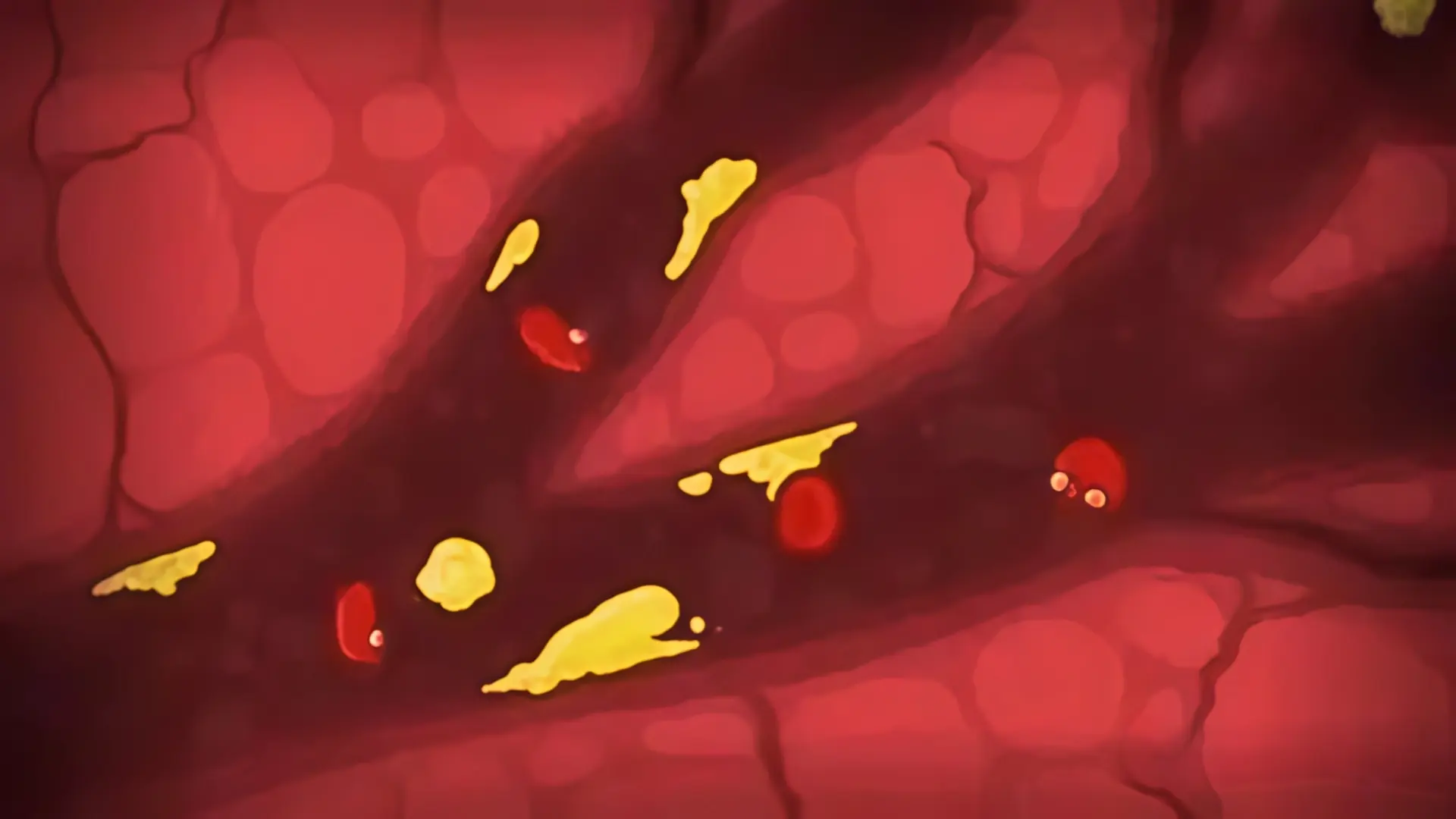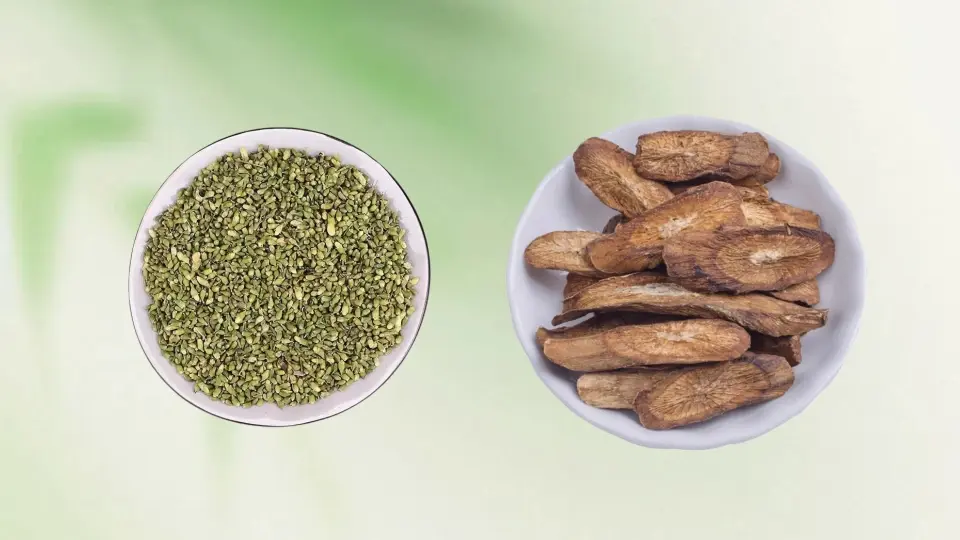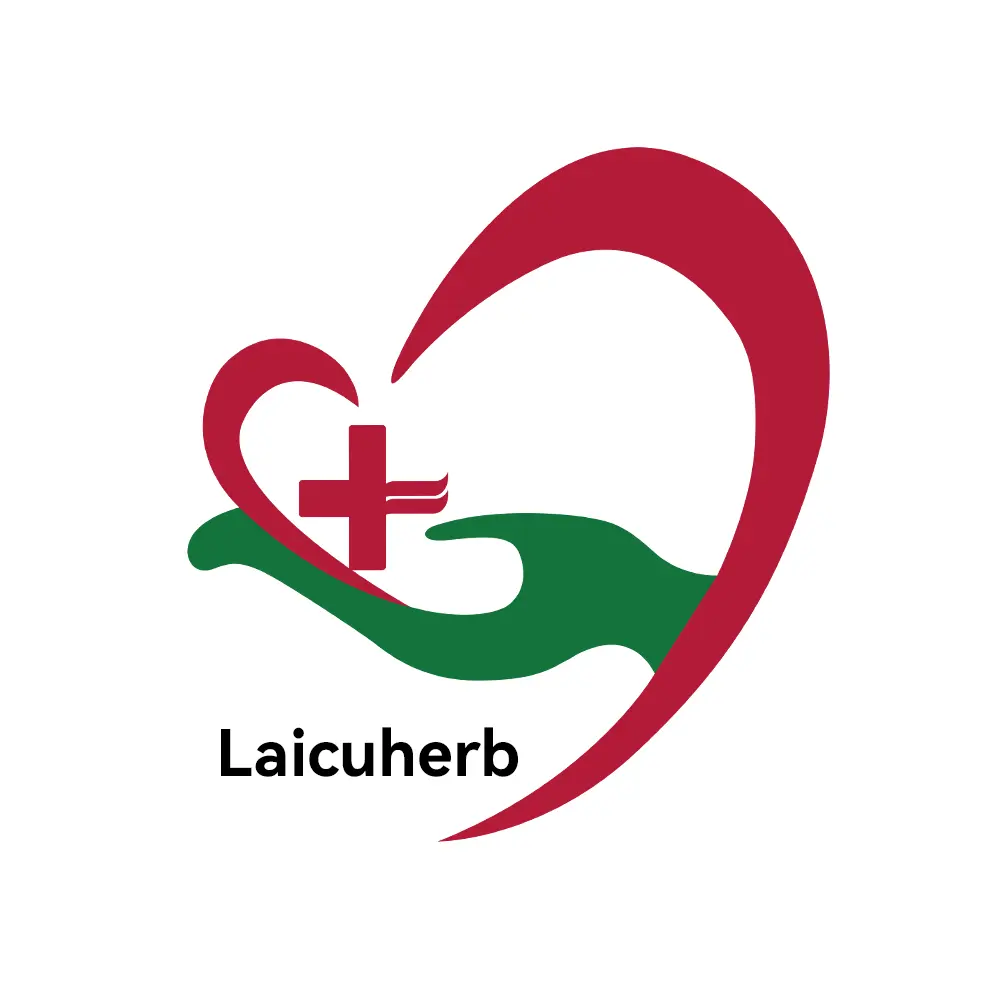What is Blood Clean? How Can I Detoxification My Blood?
What is "blood cleanse"? What tea cleanse your blood? Human blood is the river that transports life and energy, delivering oxygen and essential nutrients to every cell in your body. Yet, modern life environmental pollution, processed foods, and stressors inevitably introduces impurities. These toxins can accumulate in the bloodstream over time, potentially leading to noticeable symptoms like chronic fatigue, unexpected emotional fluctuations, and visible impacts on skin health. Understanding how to support this vital system is key to maintaining peak wellness.
Article Overview
What Does "Blood Cleansing" Actually Mean?
In a biological sense, your body already has a sophisticated system for maintaining blood purity, primarily involving the liver, kidneys, and lymphatic system. Therefore, "blood cleansing" does not mean magically purifying the blood, but rather supporting the body's natural detoxification pathways to help eliminate waste more efficiently.
When these internal filters are overloaded, impurities can linger, contributing to a sluggish feeling. herbal teas and natural remedies are traditionally used to stimulate these organs, promote better circulation, and provide antioxidants to neutralize free radicals in the bloodstream.
What Tea Cleanse Your Blood
Many powerful natural herbs have been used for centuries to gently support the body's cleansing mechanisms.
-
Root of Great Burdock (Burdock Root)
This herb is known as a traditional blood purifier for its diuretic and hepatoprotective actions. Burdock contains polyphenolic compounds that exhibit antioxidant activity, directly supporting the liver in its detoxification role by protecting liver cells from oxidative stress (Reference 1).
-
Flos Sophorae Immaturus (Sophora Flower) and Ginkgo Leaf
These ingredients are key for vascular health and circulation. Sophora Flower is remarkably rich in Rutin (a flavonoid), which strengthens capillaries and improves vascular permeability. Ginkgo Leaf contains ginkgolides and bilobalides, known for enhancing peripheral and cerebral blood flow through vasodilation (Reference 2). Better circulation ensures efficient waste transport to the excretory organs.
-
Semen Cassiae (Cassia Seed) and Fructus Crataegi (Hawthorn)
Detoxification requires effective elimination and strong cardiovascular support. Cassia Seed contains anthraquinone glycosides, providing a mild laxative effect to ensure toxins are quickly excreted and not reabsorbed into the bloodstream (Reference 3). Hawthorn is widely recognized for its cardioprotective effects, primarily due to its high content of oligomeric proanthocyanidins (OPCs) which support the heart's pumping efficiency, thereby maintaining robust systemic blood flow (Reference 4).
-
Dogbane Leaf (Apocynum venetum)
Traditionally used for calming and improving circulation, recent studies suggest Dogbane Leaf extract possesses antioxidant properties and may help modulate blood pressure, contributing indirectly to better vascular health and waste removal (Reference 5).
A Convenient, Effective Blend Tea
While sourcing and brewing individual herbs can be time-consuming, Laicuherb offers a sophisticated, all-in-one solution: the Laicuherb Blood Cleanser Tea.
Synergistic Power in Every Bag
Our Blood Cleanser Tea combines the best of traditional remedies, blending potent herbs like Burdock Root, Sophora Flower, Cassia Seed, and others into one simple, convenient, and effective formula. This synergistic approach ensures comprehensive support for the liver, kidneys, and circulatory system simultaneously.
You no longer need to worry about measuring or blending complex ingredients. Each tea bag is a portable, potent dose designed to fit effortlessly into your busy life, making it the most convenient way to support your body’s internal cleansing process daily.
References
The traditional use of these herbs is increasingly supported by modern phytochemical and pharmacological research:
- Deng, Y. et al. (2018). Pharmacological and Toxicological Effects of Burdock (Arctium lappa): A Review. *Current Pharmaceutical Design*. Supports the role of Burdock's polyphenols in antioxidant and hepatoprotective activities.
- Hao, M. et al. (2018). A review on the phytochemistry and pharmacology of Rutin. *Fitoterapia*. Highlights Rutin's role (abundant in Sophora Flower) in anti-inflammation and strengthening vascular wall integrity, crucial for microcirculation.
- Tierra, M. (1998). The Way of Herbs. Pocket Books. Traditional and contemporary herbal reference supporting the use of Cassia Seed (Semen Cassiae) as a source of anthraquinone glycosides for effective bowel elimination and detoxification.
- Wang, J. et al. (2013). Hawthorn (Fructus Crataegi) and its biofunctional compounds for cardiac benefits. *Food Chemistry*. Details the cardioprotective mechanisms of Hawthorn, specifically focusing on flavonoids and OPCs that improve myocardial efficiency and blood flow.
- Huang, W. B. et al. (2019). The biological activities of Ginkgo biloba leaf extracts: a review. *Current Drug Metabolism*. Discusses the bioactivity of ginkgolides in enhancing peripheral circulation and improving blood rheology (flow properties).
- Zhang, F. et al. (2016). Anti-oxidative and anti-inflammatory activities of extracts from Dogbane Leaf (Apocynum venetum). *Journal of Ethnopharmacology*. Confirms the antioxidant potential of this herb, supporting vascular health and overall systemic integrity.
References
Q: What is the best herb to purify your blood?
A: Ginger is a versatile herb with numerous health benefits. For instance, it helps in purifying the blood. It can enhance blood circulation and assist the body in eliminating toxins. Ginger also has anti-inflammatory properties and is beneficial for digestion.
Q: What organ detoxes the blood?
A: The liver is the most important filtering organ in the human body. It converts toxins into waste, purifies the blood, and transforms nutrients and drugs into substances that the body can absorb, thereby providing some of the most essential proteins for the body.
About the Author
Laicuherb
The core content team at Laicuherb is a collective of experts, including health professionals, consultants in Traditional Chinese Medicine, and experienced content strategists. Some articles are authored by our brand's founders or R&D scientists. Laicuherbur team has deep expertise in herbal health, integrating the wisdom of traditional medicine, modern nutrition, and women's health research to transform ancient wellness principles into practical, accessible content for everyday life.











